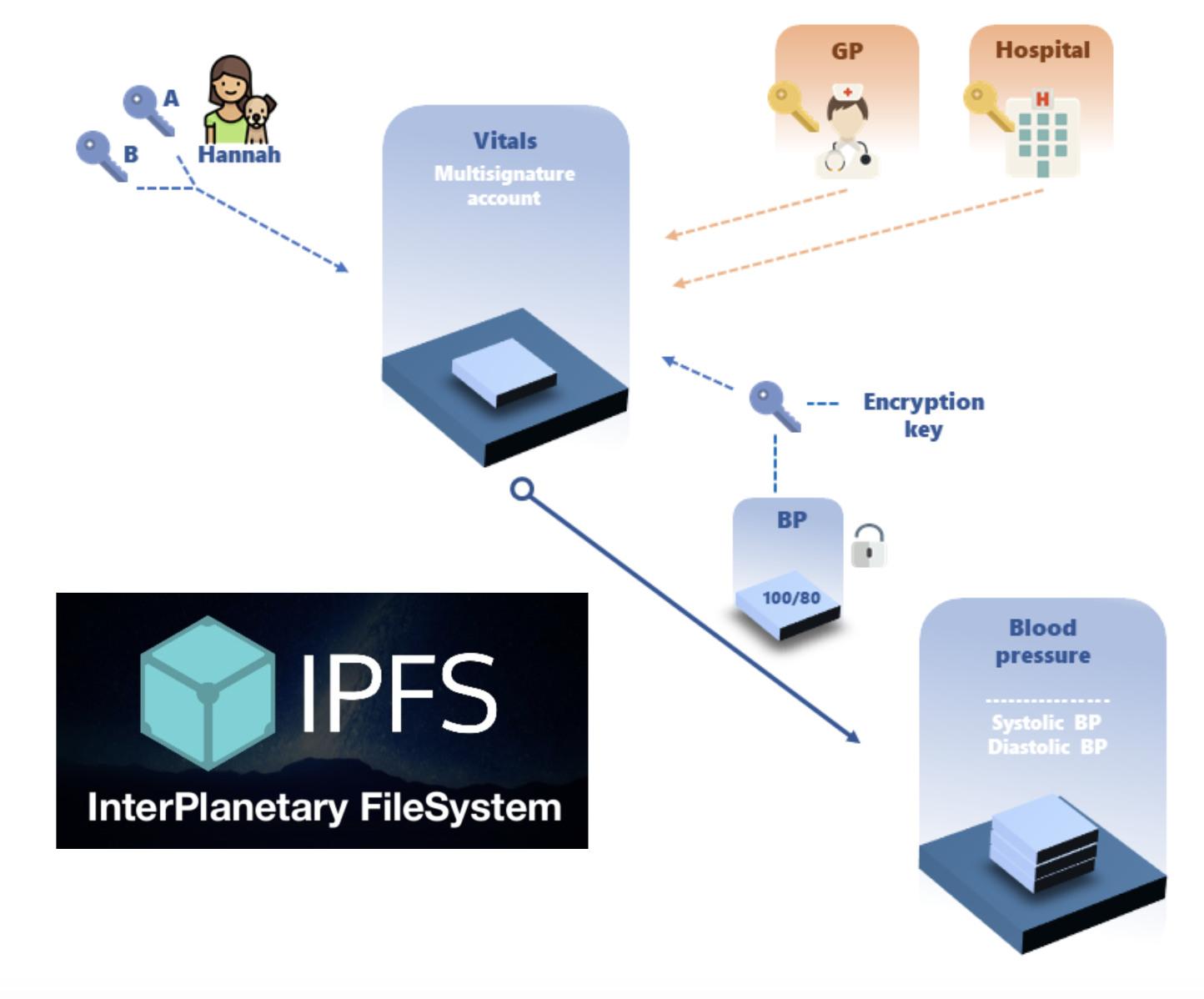

Unlike the other decentralized data storage offerings, however, BTFS is designed in a way that enables users to remove any illegal or copyrighted media from their nodes.įilecoin is widely known for having had one of the largest initial coin offerings of all time, raising $257 million in 2017.
#Blockchain file storage full#
There are more than 1,000 full TRON nodes.īTFS is a derivative of the InterPlanetary File System (IPFS) and is suitable for both file transfer and storage. Additionally, BTFS is blockchain-based and uses the TRON network. One of the elements that distinguishes BitTorrent from some of the other networks, however, is that there are more than 100 million user nodes in place.

Like other distributed storage networks, BTFS relies on user nodes. Over time, however, BitTorrent evolved into an entire suite of products, including the BitTorrent File System (BTFS).īTFS is a scalable decentralized storage system that is designed to reduce storage costs, improve fault tolerance and avoid government censorship. Founded in 2001, BitTorrent initially gained notoriety as a platform for sharing pirated media. Those who wish to store data are required to pay a one-time fee using AR tokens, which are available from most crypto exchanges.Īrweave is 100% community-operated and is designed to work only with Linux.īitTorrent is one of the oldest and most well-known decentralized data storage networks.

The permaweb is an immutable environment for storing webpages and other types of data such as static files. The application that enables data storage and other functionality is called permaweb. While some of the other decentralized data storage offerings focus primarily on privacy or on avoiding censorship and monitoring, Arweave is designed for data permanence.Īrweave itself is a blockchain-like peer-to-peer ( P2P) storage protocol that offers extra storage capacities available on PCs acting as Arweave clients. Here are seven decentralized data storage products to consider. However, blockchain and decentralized storage are not one in the same, and one can exist without the other. Most of these products rely on blockchain to support their storage strategies. Decentralized networks are resilient because the storage does not have a single point of failure.ĭecentralized storage has been gaining traction in recent years and numerous options are already on the market. In many cases, decentralized storage networks are based on blockchain or similar technologies and deliver benefits such as data immutability, enhanced privacy and better overall security. As such, that storage tends to be inexpensive. Decentralized storage networks act as a brokerage service between those who need storage and those who have extra capacity that they are willing to lease. When an organization uses a decentralized network primarily for storage, the main benefit is cost. What are the benefits of decentralized storage networks?ĭecentralized storage networks can deliver many benefits. Blockchain can also match users looking for storage with hosts that offer it. The blockchain ledger might record shard hashes, data locations, leasing costs or other transaction-specific information. Blockchain is a distributed ledger technology that can automatically synchronize and validate storage transactions across distributed nodes. In many cases, the files are also sharded and spread across multiple locations, providing yet another layer of storage security.ĭecentralized data storage products often use blockchain to track storage transactions. Only the data's owner holds the private encryption key storage providers cannot access the data. With decentralized storage, data is encrypted and stored across multiple locations, or nodes, that are run by individuals or organizations that share their extra disk space for a fee.


 0 kommentar(er)
0 kommentar(er)
